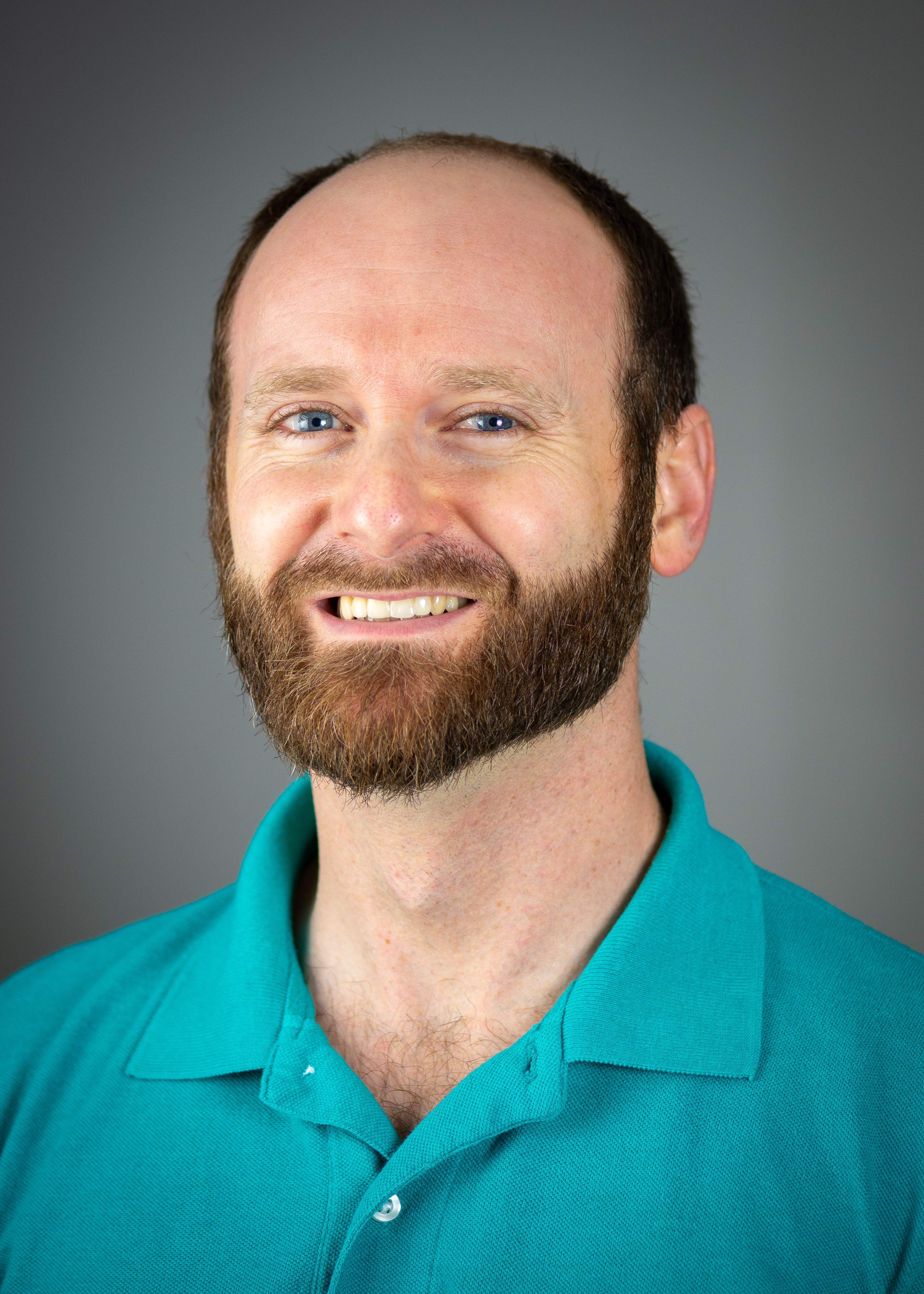Postpartum Depression & Anxiety: How to Identify & Treat Struggling Parents
Speaker(s):
Presentation: This presentation will provide information about postpartum mental health issues. Information on evidence-based assessment tools will be provided. In addition to ensuring participants understand postpartum mental health issues we will discuss strategies for support. We will also provide information about a support group we facilitate for parents with Postpartum Depression or Anxiety. We will share lessons we have learned from our experience with this group and provide information on how to facilitate a support group in your community.
Objectives:
- Deliver an understanding of postpartum mental health issues
- Increase comfort in assessing and addressing postpartum mental health issues in practice
- Provide a road map for how to provide a support group for postpartum mental health issues in your community





